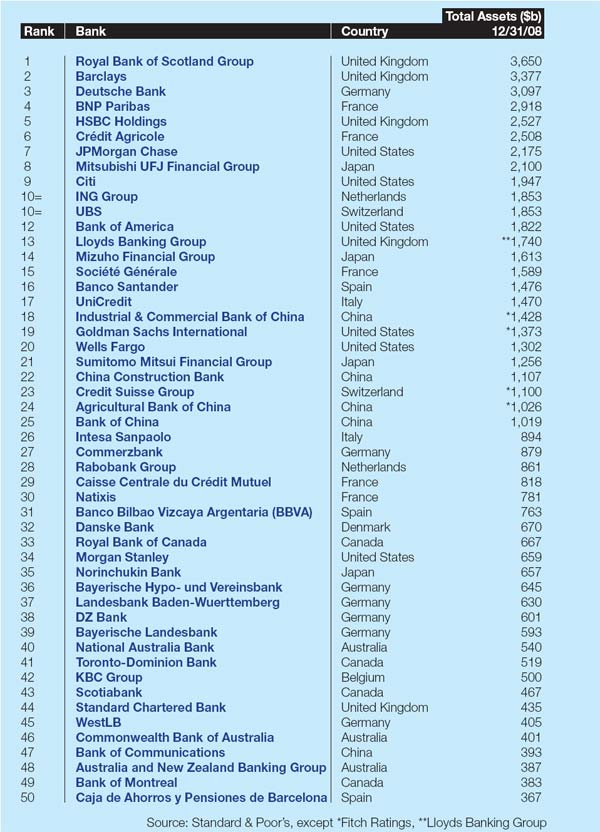The latest issue of The Economist has an article about an experiment in behavioural economics. The management of a factory in China asked consultants to design a better incentive bonus system. Most of the consultants suggested fine-tuning the amount of bonus, but two behavioural economics researchers worked purely on the language of the letters through which workers were informed about their bonus.As an experiment, one group was told that if they met certain targets, they would get a certain amount of money as a bonus. Another group was told that they had provisionally been awarded a certain amount of bonus based on their capabilities. However, if their work fell below certain targets, then they would lose the bonus. In reality, the two schemes were identical.As researchers had suspected, workers who had been given the provisional bonus were much better at meeting the targets. The fear of losing something you already have is much stronger than the motivation to gain something new. This loss-avoidance urge is well-known to behavioural researchers in other areas like investments.The loss-avoidance urge is not a fringe phenomenon. It is absolutely central to what makes a good equity investor. The idea that some of the money you have earned may go away at any point is difficult to accept. There's a friend of mine who has been a steadily successful equity investor over many years now. He has this mental concept of 'market ka paisa' and 'mera paisa'. He divides the total worth of his equity investments at any point into these two categories, and generally considers about a fifth of the value to belong to 'the market', which the market can take back whenever it wants to.This has always enabled him to think clear-headedly about what he should be doing at any given time and has prevented knee-jerk reactions every time there's some volatility. In my experience, investors either have this kind of a mental framework or they tend to take wrong decisions under pressure. This is the kind of instinct that makes people sell off their investments after they have dropped and then not invest again till the climate has changed, thus making their losses permanent. As an investor, either one should have the self-awareness and the self-control to modify one's loss-aversion instinct, or one should go for investment products that are not prone to volatility. These can span conventional fixed deposit, or post office, type of products, or they could be products that have some type of equity elements. For example, there are some capital-protection oriented funds as well as funds that invest only gains from fixed income into equity.
Such schemes offer only a fraction of the gains that real equity products do, but they do earn more than pure fixed income while offering peace of mind, thereby catering to the loss-aversion instinct.An article from Valueresearch.
Such schemes offer only a fraction of the gains that real equity products do, but they do earn more than pure fixed income while offering peace of mind, thereby catering to the loss-aversion instinct.An article from Valueresearch.
